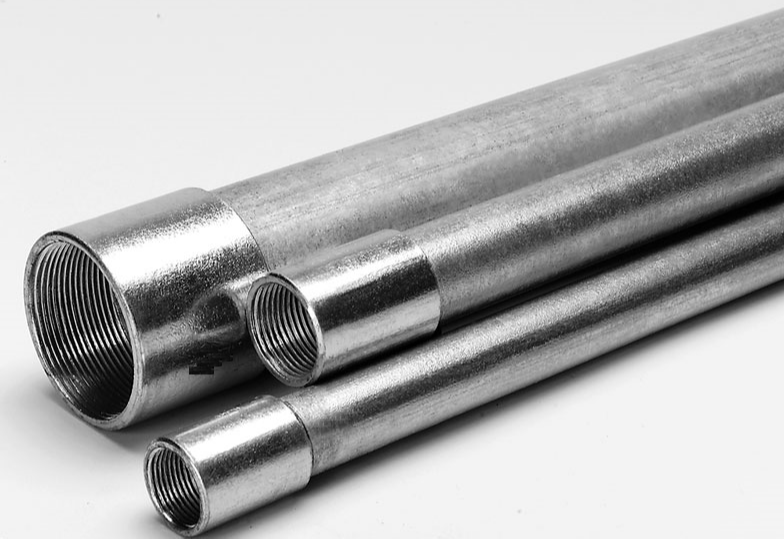Conduits are essential components in electrical installations, providing a secure and organized pathway for electrical wiring. They protect cables from physical damage, moisture, and chemical exposure, ensuring the longevity and safety of the electrical system. Conduits also facilitate easier maintenance and future upgrades by allowing for straightforward access to the wiring. Available in various types, including rigid metal, flexible metal, and non-metallic options, conduits are designed to meet the specific needs of different environments, from residential to industrial settings. By utilizing the appropriate conduit type, electricians can enhance the reliability and efficiency of electrical installations while adhering to safety standards and regulations.
Types of Conduits

- Made of galvanized steel or aluminum.
- Offers excellent protection against physical damage.
- Suitable for outdoor and industrial environments.

- Thinner and lighter than RMC but still strong.
- Provides a good balance between protection and weight.
- Used in commercial and industrial settings.

- Made of galvanized steel.
- Lighter and more flexible than RMC and IMC.
- Commonly used in residential and commercial buildings.

- Made of helically wound, flexible metal.
- Ideal for areas requiring flexibility and vibration resistance.
- Often used in machinery and for short runs.

- Similar to FMC but with a plastic coating for water resistance.
- Used in wet or corrosive environments.
- Suitable for outdoor use and equipment connections

- Made of polyvinyl chloride
- Lightweight, corrosion-resistant, and easy to install.
- Ideal for underground and outdoor use

- Also known as PVC conduits
- Offers similar benefits as PVC conduit but with thicker walls.
- Suitable for residential wiring and light duties applications

- Made of plastic materials.
- Provides flexibility and easy installation.
- Suitable for residential wiring and light-duty applications.
